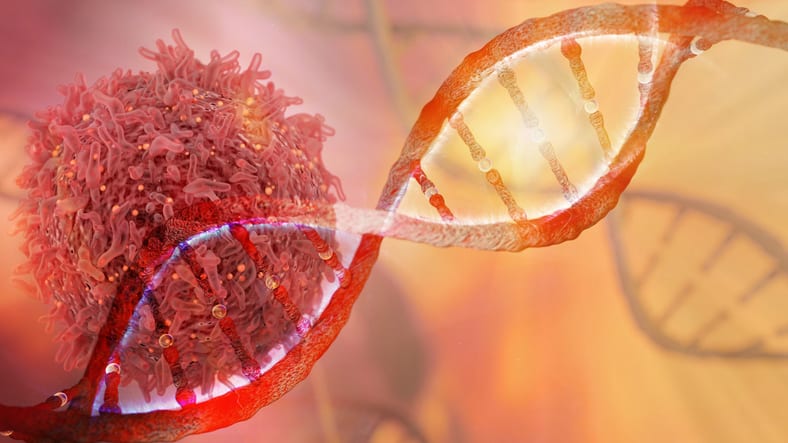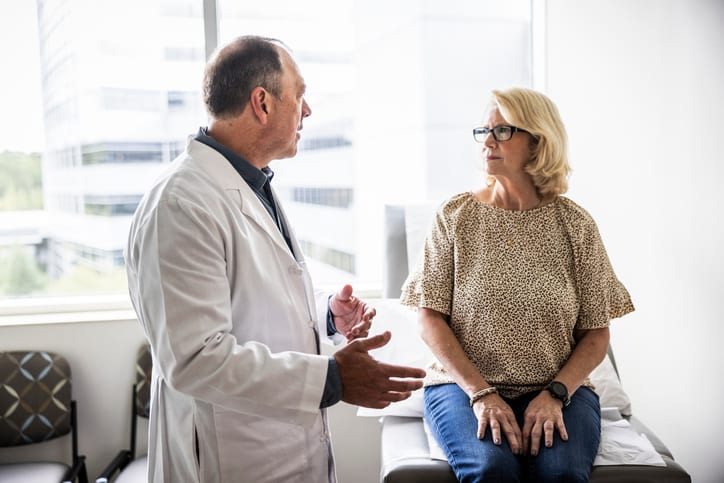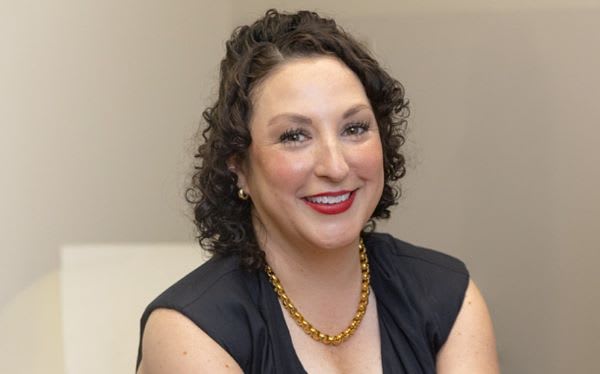Breast Cancer Treatment
Our Treatment Philosophy
At the Providence Swedish Cancer Institute, you receive leading-edge breast cancer care from experts nationally recognized in oncology, surgery, radiotherapy, and rehabilitation. They work closely together to develop a treatment plan tailored to your specific diagnosis, health needs, and personal goals.

Advanced Treatments for Breast Cancer
Our personalized approach means we consider specific characteristics of your cancer, and your health needs to develop your treatment plan. You may receive treatment from one or more of the following specialties:
Personalized Treatment for Breast Cancer
We know a diagnosis of breast cancer can be overwhelming. That’s why we help guide our patients on their unique journey, never forgetting that cancer care is highly personal.
All breast cancer treatments
Medical Oncology
Surgical Therapies
- Advanced Axillary Surgery Techniques
- Aesthetic Flat Closure Mastectomy
- Axillary Lymph Node Dissection
- Excisional Breast Biopsy
- Excisional Breast Biopsy Using Targeted Localization Techniques
- Implant-Based Reconstruction
- Lumpectomy
- Mastectomy with Immediate Reconstruction
- Nipple-Sparing Mastectomy
- Oncoplastic Lumpectomy
- Reconstructive Surgery
- Risk-Reducing Mastectomy
- Sentinel Lymph Node Mapping and Biopsy
Radiation Oncology
- Adaptive Radiotherapy
- CyberKnife
- Heart- and Lung-Sparing Techniques
- Hypofractionated Whole Breast Radiation Therapy
- Intensity-Modulated Radiation Therapy (IMRT) and Volumetric-Modulated Arc Therapy (VMAT)
- Stereotactic Radiation (SABR/SBRT)
- Surface-Guided Radiation Therapy (SGRT/SIGRT)
- Three-Dimensional Conformal Radiation Therapy (3DCRT)
What to Expect
At the Providence Swedish Cancer Institute, your care team is with you from diagnosis through treatment, recovery, and survivorship. We combine advanced therapies with personalized care, ensuring you receive leading clinical expertise and the compassionate support you can always rely on, including a trusted, personal relationship with your physician. Learn what to expect during each phase of care.
We assess the stage and type of your cancer, to guide the next steps in your treatment. Our focus is on gathering as much detailed information as we can about your condition through imaging pathology and molecular testing.
Typically, this starts with a diagnostic mammogram. Additional imaging may also include a breast ultrasound or MRI to get more detailed views of the breast and associated lymph nodes. Genetic testing may be recommended to help identify inherited predispositions to cancer.
After your diagnostic imaging and testing, our specialists work to determine the type, grade, and stage of the cancer. They also look at hormone receptor status – which indicates whether breast cancer cells have receptors for estrogen or progesterone – as this will affect their recommendations for treatment.
Then, they discuss the findings in detail with you to make sure that you fully understand all your options.
At the Providence Swedish Cancer Institute, your voice is central to your treatment. A personalized treatment plan includes advanced diagnostic insights from your care team, and considers not only the specific type, stage, and molecular characteristics of the cancer, but also the unique qualities that make you who you are — your values, your daily life, and your overall health. Customizing your care can improve outcomes, reduce the risk of recurrence, and support your overall well-being.
We offer holistic care options during and after treatment to support your physical and emotional well-being. Our cancer rehabilitation program is one of only a few cancer rehabilitation programs offered nationally, and it's led by a fellowship-trained cancer rehabilitation specialist. Cancer rehabilitation can include physical and occupational therapy; nutrition management; speech therapy; and lymphedema therapy to address fluid buildup, a side effect of radiation or surgical procedures.
Frequently Asked Questions
Treatment timelines vary depending on your diagnosis. Some surgical procedures are done on an outpatient basis. More complex cases may require a hospital stay.
Medical oncology and radiation treatments typically involve multiple treatment sessions over a period of days or weeks. Treatment timelines vary depending on the type and stage of your cancer. Your care team reviews your treatment plan with you, as well as any options that may impact length, frequency and duration of treatment.
Following active treatment, you will see your physician periodically to monitor any signs of recurrence.
It’s natural to feel nervous about surgery, but your care team will talk you through the process, helping you prepare for surgery and answering all your questions well in advance.
As part of your personalized care plan, we offer advanced surgical options tailored to your diagnosis and goals, including minimally invasive procedures, when possible, along with reconstruction if needed. After surgery, we provide detailed recovery instructions and make sure that you have all the ongoing support you need to help you heal with confidence.
Yes, our expert plastic surgeons offer a range of reconstruction options to preserve the breast’s appearance. Your breast cancer surgeon will collaborate closely with your plastic surgeon to tailor the best options for you — based on your diagnosis, treatment plan, and personal goals. It is not uncommon for both surgeons to be present during the initial breast surgery—especially when immediate reconstruction is desired.
Chemotherapy is often used to destroy breast cancer cells that may have spread beyond the breast and is typically given through an IV in cycles over several weeks or months. Hormone (or endocrine) therapy is usually prescribed as a daily pill. It works by blocking hormones like estrogen that can fuel certain types of breast cancer. Your treatment is led by a medical oncologist who specializes in breast cancer. We’re here to answer your questions, help you manage any treatment side effects, and guide you through every phase of care.
Radiation treatments are typically delivered over several sessions to target cancer cells while protecting healthy tissue. Your radiation oncologist will schedule a planning session to map specific treatment areas using imaging scans. Throughout your care, your team monitors your progress, manages side effects, and provides resources and support to ensure you feel comfortable and informed.
Cancer often requires a combination of approaches to achieve the best outcome, so it’s likely your care plan could include more than one type of treatment.
Surgery alone might be enough for early-stage cancer that hasn’t spread, but additional treatments like chemotherapy, radiation therapy, hormone therapy, or biological therapy may be needed to target cancer cells throughout the body, reduce the risk of recurrence, or improve overall effectiveness.
Our cancer experts tailor treatment to your specific diagnosis, working to achieve the highest likelihood of success.
Some cancer treatments, including certain types of chemotherapy or radiation therapy, can affect fertility. These effects may be temporary, but in some cases, they can be long-lasting or permanent, depending on the type and location of treatment.
If you're concerned about fertility, our team will guide you through options, discuss the potential impacts of your specific treatment plan, and connect you with fertility preservation resources to help you make informed decisions about the future.
Patients have access to hundreds of clinical trials involving most cancer types. We are often among the first in the U.S. to provide access to Phase 1 trials — the first stage of evaluating treatments in humans. Please note, we open new trials often. Check with your clinician for the latest in upcoming trials.
Learn more and find out if a clinical trial could become part of your treatment plan.
News & Info From Our Experts






